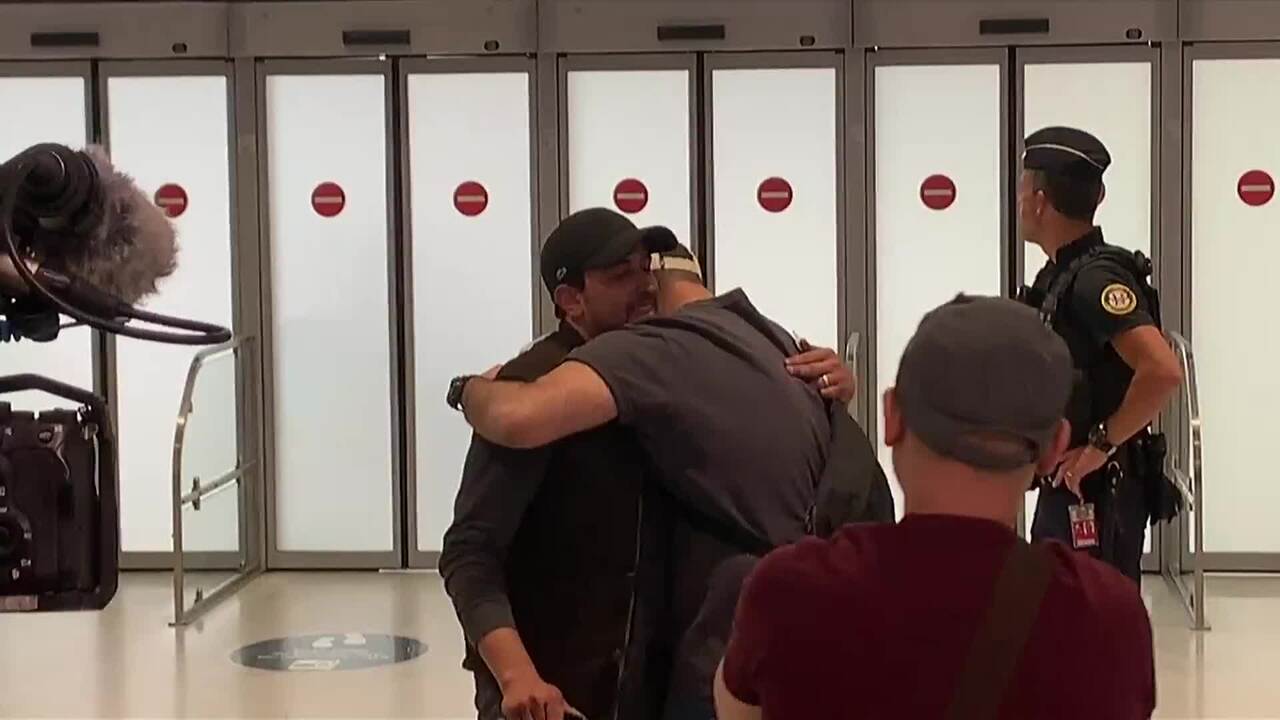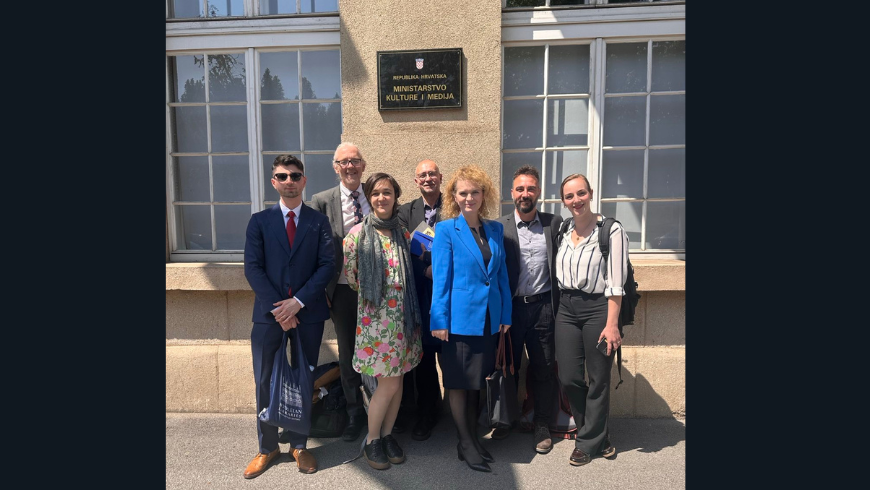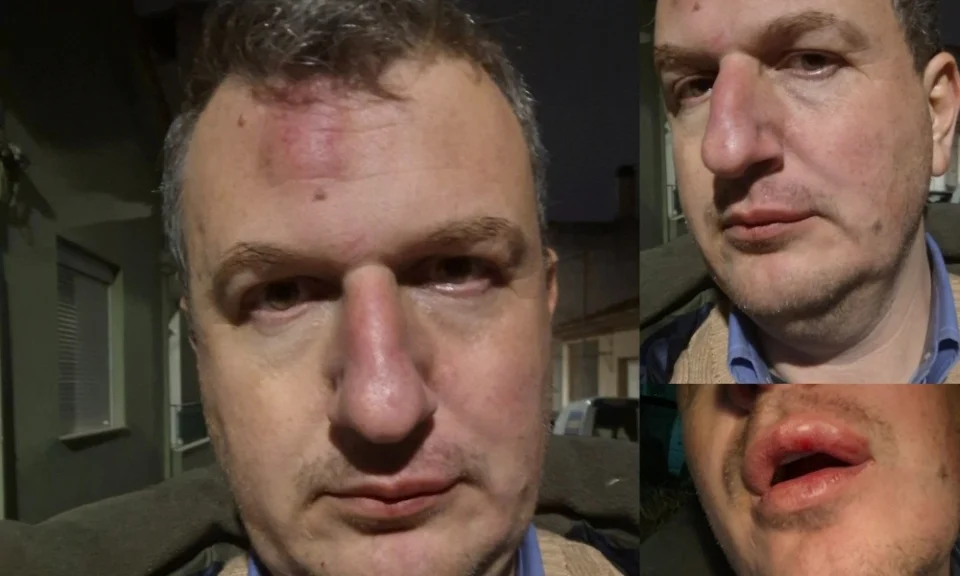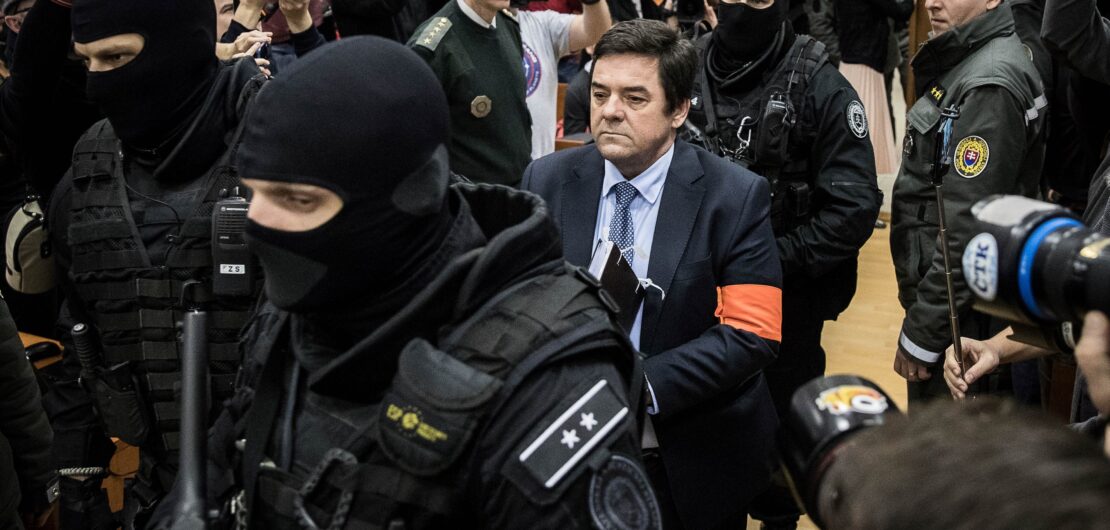
Israel Deports Four, Detains Eight Following Madleen Aid Boat Raid
June 11, 2025
Egypt’s Female Journalists Push Back Against Newsroom Discrimination
June 11, 2025June 11, 2025 – Croatia –
Croatia is facing mounting concerns over the state of press freedom, as recent developments highlight a shrinking space for independent journalism. Two major incidents underline the troubling trend: a critical report from international watchdogs and a funding cut targeting a Serb minority newspaper.
A 2025 mission by the Media Freedom Rapid Response (MFRR), involving groups like ARTICLE 19 and the European Federation of Journalists, found systemic threats to press freedom in Croatia. The mission’s findings pointed to outdated media laws, politicised public broadcasting, a lack of protections for journalists, and growing use of Strategic Lawsuits Against Public Participation (SLAPPs) to intimidate media outlets. Croatia currently faces around 1,000 SLAPP lawsuits, which critics argue are being used to silence watchdog reporting and criticism of power. The MFRR urged the government to reform media laws, decriminalise defamation, and guarantee editorial independence in public service media.
These legal pressures coincide with political interference in media funding. On April 28, the Council for National Minorities slashed funding to Novosti, a weekly run by the Serb National Council, by 35%. The reduction amounts to approximately €200,000. The move followed pressure from the Homeland Movement, a far-right party now in coalition with the ruling HDZ. Journalists and media associations view the decision as an act of political censorship aimed at silencing minority voices. Hrvoje Zovko, president of the Croatian Journalists’ Association, called the funding cut an attack on press freedom and an attempt to erase critical narratives.
Novosti’s editor-in-chief, Andrea Radak, noted that the paper’s critical tone is essential to democratic debate and minority representation, arguing that its mission goes beyond cultural content to include political and social engagement.
In the latest Reporters Without Borders index, Croatia dropped from 42nd to 48th place, with concerns growing over government control and legal intimidation. The combination of legal repression and politically motivated financial cuts reflects a broader erosion of media independence, endangering not only journalists but the democratic health of the country.
Reference –




